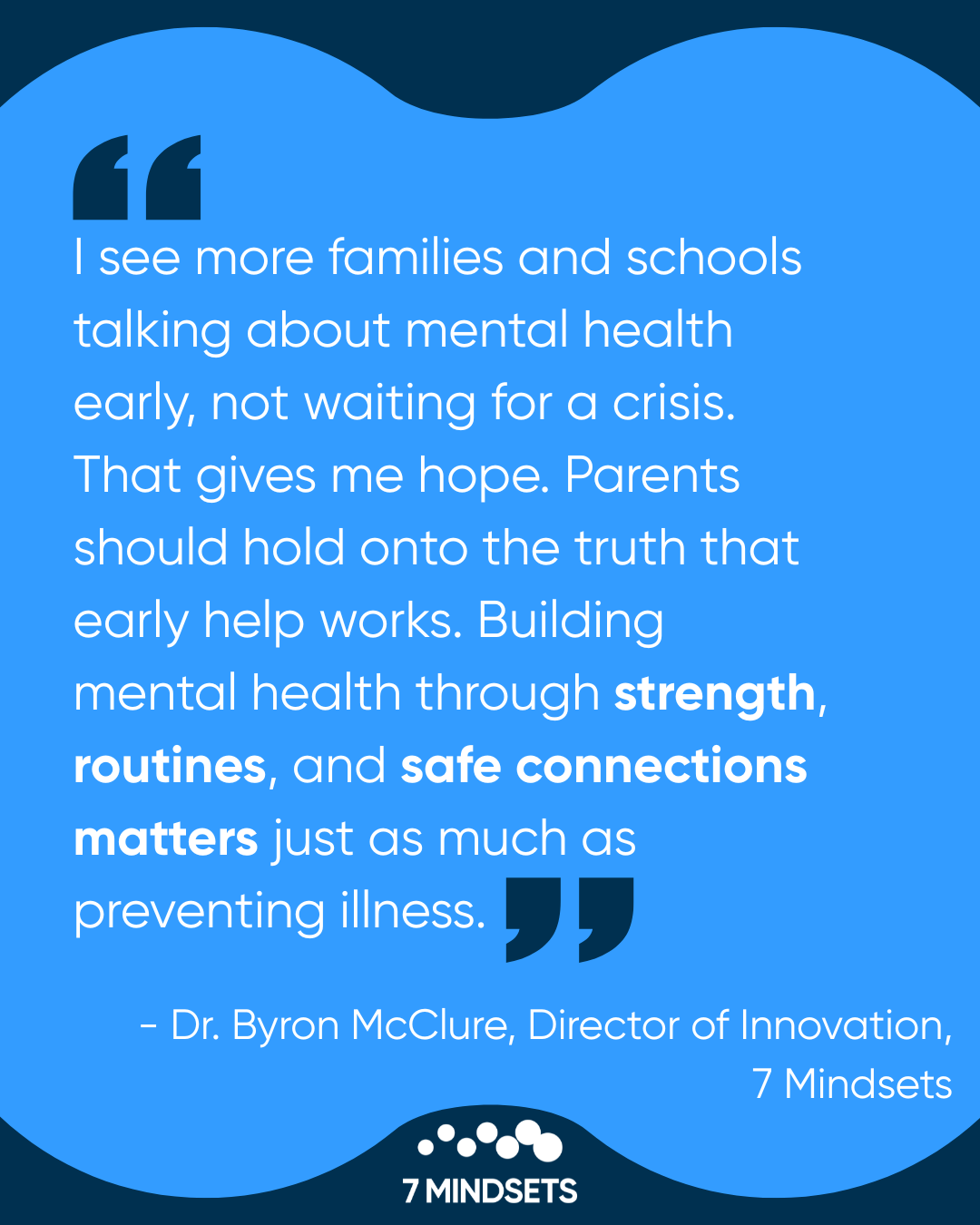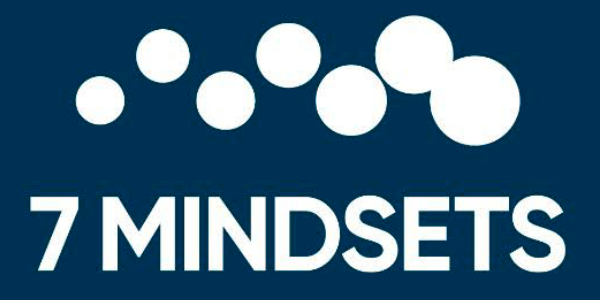In this thoughtful interview, child psychologist Dr. Byron McClure shares compassionate, practical insights to help parents recognize the early signs of emotional distress in their kids, from subtle behavior shifts to masked composure. Dr. McClure explores how to ask the hard questions, keep communication open, and build a circle of support beyond therapy. You’ll also learn how signs of distress differ between younger children and teens, and why a proactive, strength-based approach is critical to supporting Black youth mental health. This article is a powerful reminder that being present, patient, and prepared can make all the difference.
The full article, originally published October 13, 2025, can be accessed on BlackHealthMatters.com, a preview is available below.
How to Know When Your Child’s Not Okay
A conversation with Dr. Byron McClure on mental health, family, and prevention.

By Fajr Eutsey | BlackHealthMatters.com
Children’s emotional pain isn’t always obvious. Sometimes it sounds like “I’m fine,” even in kids too young to explain what they feel. Dr. Byron McClure, Director of Innovation at 7 Mindsets, offers clear guidance on how to stay present, ask direct questions, and recognize when a child may need more support. He breaks down what parents often miss and how to act before distress turns into crisis.
How to spot signs of mental distress in your children before they begin to escalate.
BHM: How can parents stay present when a child insists, they’re fine?
Dr. McClure: Stay close without pushing. You might say, “I hear you saying you’re fine. I’ll be right here if you want to talk.” That steady presence, even without words, can speak louder than questions. It shows your child they’re not alone, even if they’re not ready to open up.
View the full article on BlackHealthMatters.com



